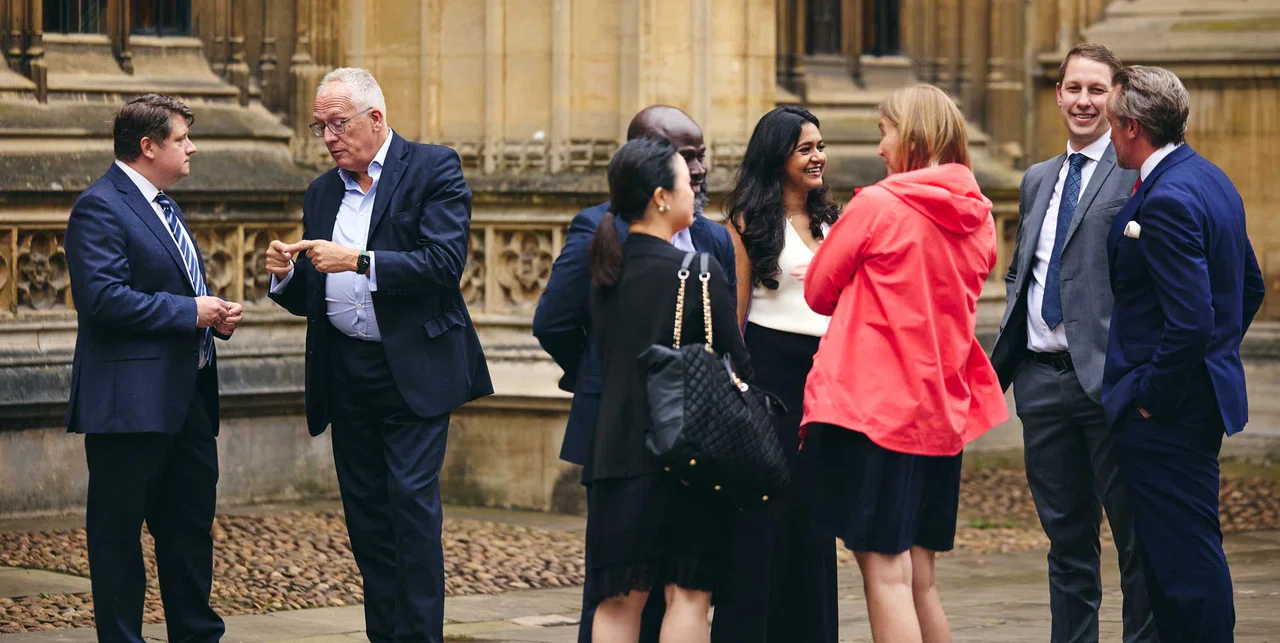
Close
result
BOOKSHELF
Can the culture of capitalism itself be transformed?
Can the culture of capitalism itself be transformed?
CSA
4 min read

Chief of Staff Association members review Capitalism and Crises: How to Fix Them by Colin Mayer.
It is by focusing on purpose, not merely profits, that capitalism will realise its full potential
Colin Mayer's book Capitalism and Crises, How to Fix Them reminds us that capitalism is a system that should help solve problems, not create them. Throughout the book, Mayer demonstrates that it is by focusing on purpose, not merely profits, that capitalism will realise its full potential.
While the book offers numerous concepts and real-world examples, a few key points stand out:
- Corporate purpose is, and should be, about solving problems. Through their products and services, businesses ultimately exist to improve or benefit the world in some way.
- Public and private sectors should work together to solve problems. In fact, when I worked at the University of Virginia Darden School of Business Institute for Business in Society, we partnered with Concordia and the U.S. State Department to host the global P3 Impact Award, which recognizes exemplary public-private partnerships that are improving communities and the world. This award demonstrates that in order to solve the world's most intractable problems, the public and private sectors can accomplish so much more by working together than either could individually.
- Tools and frameworks can help companies put purpose into practice. Professor Mayer's SCORE framework offers a memorable acronym to help companies determine how they should establish the appropriate internal and external governance controls to fulfill their purpose of producing profitable solutions: Simplifying, Connecting, Owning, Rewarding and Exemplifying.
In Capitalism and Crises, Colin Mayer proposes another path forward for capitalism -- one in which purpose, profits, people, and the planet all thrive together. It is an honest, interesting, and uplifting reframing that demonstrates what is possible when ethics, purpose, and problem-solving are at the forefront of business.
Laura Hennessey
Founder and CEO, Chief of Staff Solutions, LLC
‘…serves as a crucial reminder of the importance of ethics as the conduit to sustained profitability’
In Capitalism and Crises, Colin Mayer offers a refreshing alternative to the conventional understanding of profit. Unlike today's world, where economic landscapes often resemble barren deserts punctuated by a few rare oases of wealth, this book traces a path to a possible transformative golden age of progress.
The author's ability to present and connect concepts in a clear, logical, and engaging manner makes the reading experience both enlightening and enjoyable. This is not merely a book of theoretical musings; it serves as a practical guide, pointing towards a sustainable future that humanity would be wise to explore.
The historical lessons interwoven throughout the text are particularly compelling. By sharing the wisdom of past generations, the author warns of the dire consequences that arise when business ventures and markets lack common sense and moral grounding. This perspective is not only informative, but also serves as a crucial reminder of the importance of ethics as the conduit to sustained profitability.
Overall, this book is a must read for anyone interested in a more equitable and prosperous future. Its insights are not only timely but also deeply necessary, offering hope and direction in an unsustainable economic landscape.
Ines Guerrero
Chief of Staff, MissionSquare Retirement
Colin Mayer, Capitalism and Crises: How to Fix Them is published by Oxford University Press.








